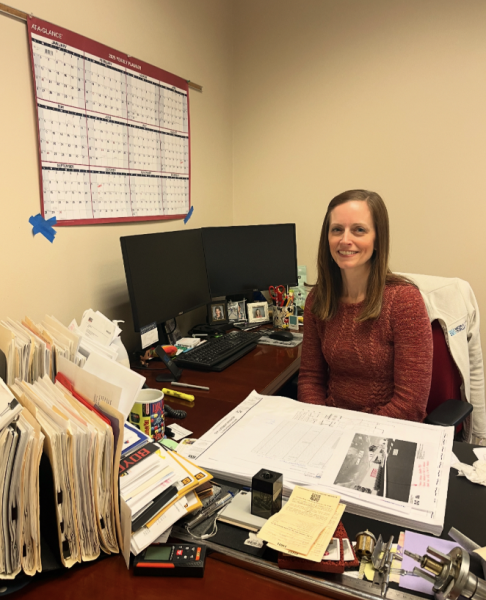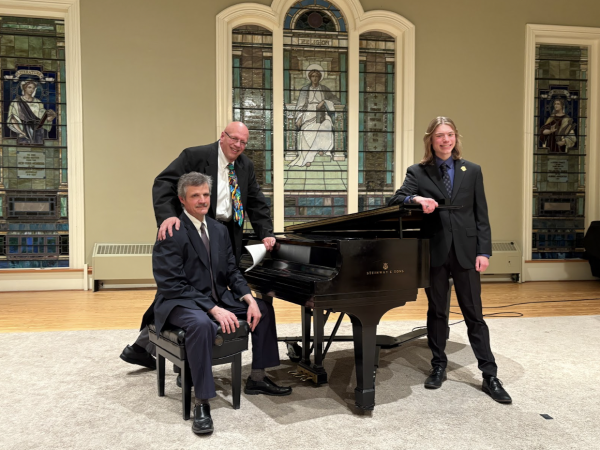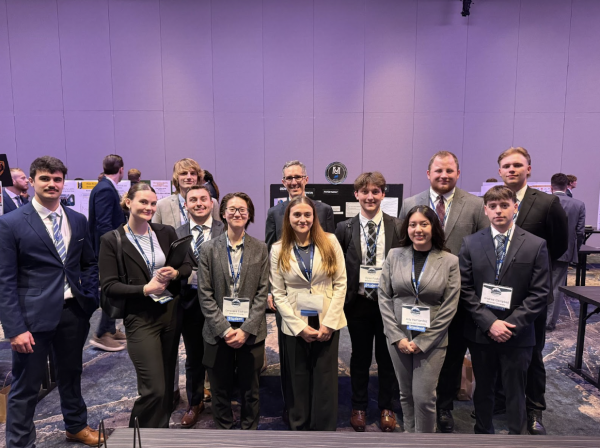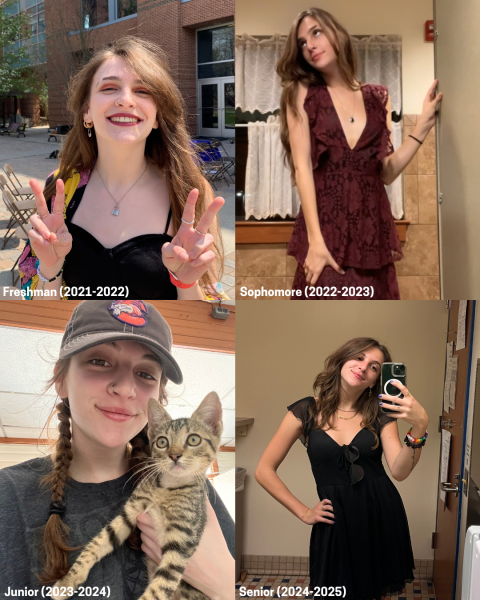Veteran Representation at Moravian University
Students with military affiliations have attended Moravian University since its founding. But until the fall of 2019 no single administrative office existed to oversee and advise them.
That’s when the University hired Marilyn Kelly-Cavotta, a retired Army medic and Iraq war veteran, to serve as Moravian’s first Director of Veteran and Military Affairs.
“I am the voice for student veteran concerns,” said Kelly-Cavotta, whose cohort includes not just veterans but other “military-connected” students, such as undergraduates in Moravian’s Reserve Officers’ Training Corps [ROTC], reserves in the National Guard, and dependent children and spouses of veterans.
Kelly-Cavotta began addressing their concerns from the moment she arrived on campus. Among them: getting her students priority registration, something that public universities are required to do, but not private ones like Moravian.
Because the GI Bill [see sidebar] only offers 36 months of educational benefits, veterans do not have time to wait for a class to open up or to be offered again in a year. “If something happens – where you end up having to withdraw from a semester because of illness, [for example] – the Department of Veterans Affairs [VA] doesn’t give [you the] eligibility [to retake the course],” said Kelly-Cavotta. In the VA’s view, the student has “used up that amount of time. [So], the tuition goes back to the VA [and the student’s] eligibility of what [they] have left in schooling time is reduced.”
Priority registration helps ensure that Moravian’s military students keep their educational benefits.
Many of the students that Kelly-Cavotta advises are in ROTC, a college/university-based program that trains undergraduates to become commissioned officers in the U.S. Armed Forces.
She helps them figure out units for classes, housing, and issues pertaining to the Lehigh Valley’s host school for ROTC, Lehigh University.
One of those students, junior Maddie Wickel, is working with Kelly-Cavotta to create a Moravian Student Veteran Association. As with other clubs and organizations at the University, the association would provide an opportunity for veterans on campus to come together and get to know one another. Currently, veterans typically only meet other veterans here in a class or in day-to-day activities.
Kelly-Cavotta is the key to the success of Moravian’s military program, says Wickel. Without her, “there would be [fewer] ROTC cadets here. There wouldn’t be a military presence [at Moravian]. I value Marilyn very much, and I know a lot of cadets and veterans do too.”






